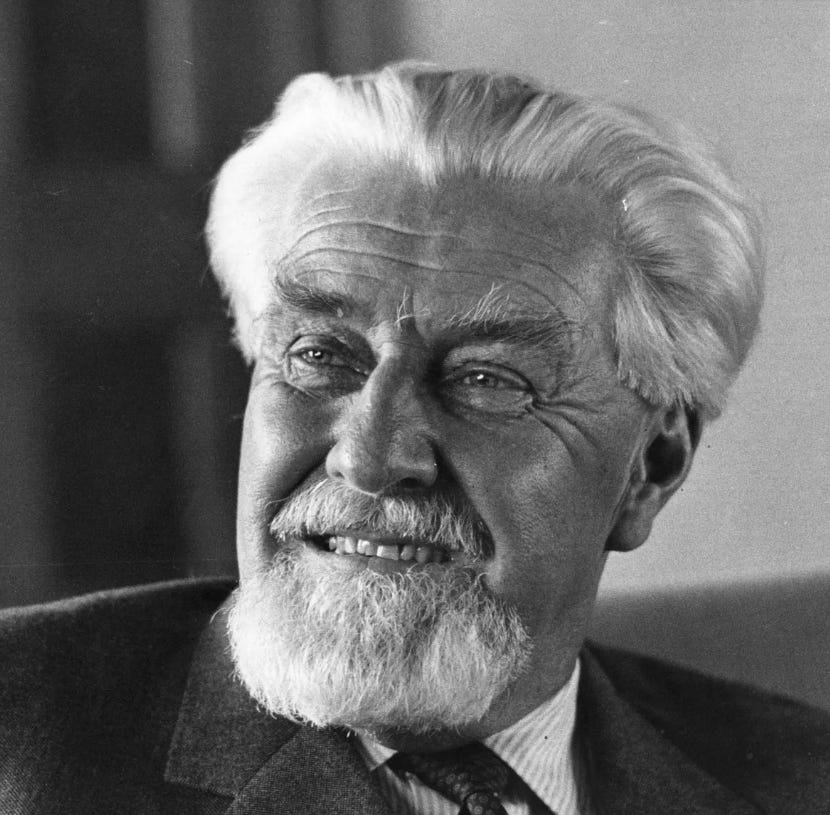"It is a good morning exercise for a research scientist to discard a pet hypothesis every day before breakfast. It keeps him young."
Konrad Lorenz
"It is a good morning exercise for a research scientist to discard a pet hypothesis every day before breakfast. It keeps him young."
Konrad Lorenz
Konrad Lorenz, born on November 7, 1903, was an Austrian zoologist, ethologist, and ornithologist who is widely regarded as one of the founding figures of modern ethology, the scientific study of animal behavior. Lorenz’s work significantly advanced our understanding of animal behavior and human psychology, earning him the Nobel Prize in Physiology or Medicine in 1973, which he shared with fellow ethologists Nikolaas Tinbergen and Karl von Frisch.
The quote reflects Lorenz's deep commitment to the scientific method and the intellectual rigor that he believed was essential for any researcher. The idea of discarding a "pet hypothesis"—a favored or cherished idea—emphasizes the importance of objectivity and open-mindedness in scientific inquiry. Lorenz believed that scientists must be willing to challenge their own assumptions and biases, even those ideas they are most attached to, in order to make true progress in their work. This approach not only keeps the scientist intellectually "young," or flexible and adaptable, but also ensures that their research remains dynamic and innovative.
Lorenz's career was marked by his pioneering studies on animal behavior, particularly in the areas of imprinting and instinct. Imprinting, a phenomenon Lorenz famously demonstrated with greylag geese, involves young animals forming strong attachments to the first moving object they see, typically their mother. In one of his most well-known experiments, Lorenz showed that goslings could imprint on a human (in this case, himself) if they were exposed to him during a critical period shortly after hatching. This discovery was groundbreaking because it provided insight into the innate behaviors of animals and the role of early experiences in shaping behavior.
Lorenz also explored the concept of "fixed action patterns," which are instinctive behavioral sequences triggered by specific stimuli. His work helped establish the idea that many aspects of animal behavior are hardwired and can be studied scientifically, laying the groundwork for the field of ethology.
Beyond his contributions to animal behavior, Lorenz's work had significant implications for understanding human behavior. He argued that certain aggressive behaviors in humans could be traced back to our evolutionary past, a perspective he discussed in his influential book On Aggression (1963). While some of his ideas have sparked controversy and debate, Lorenz's emphasis on the biological roots of behavior has had a lasting impact on psychology, anthropology, and related fields.
Konrad Lorenz's legacy as a scientist is profound. His approach to research, as encapsulated in his quote about discarding pet hypotheses, highlights the importance of intellectual humility and the willingness to let go of preconceived notions in the pursuit of knowledge. His work continues to influence the study of behavior in both animals and humans, and his ideas remain relevant in discussions about the nature of instincts, aggression, and the complex interplay between genetics and environment. Lorenz’s contributions have shaped not only the field of ethology but also our broader understanding of the biological underpinnings of behavior.


